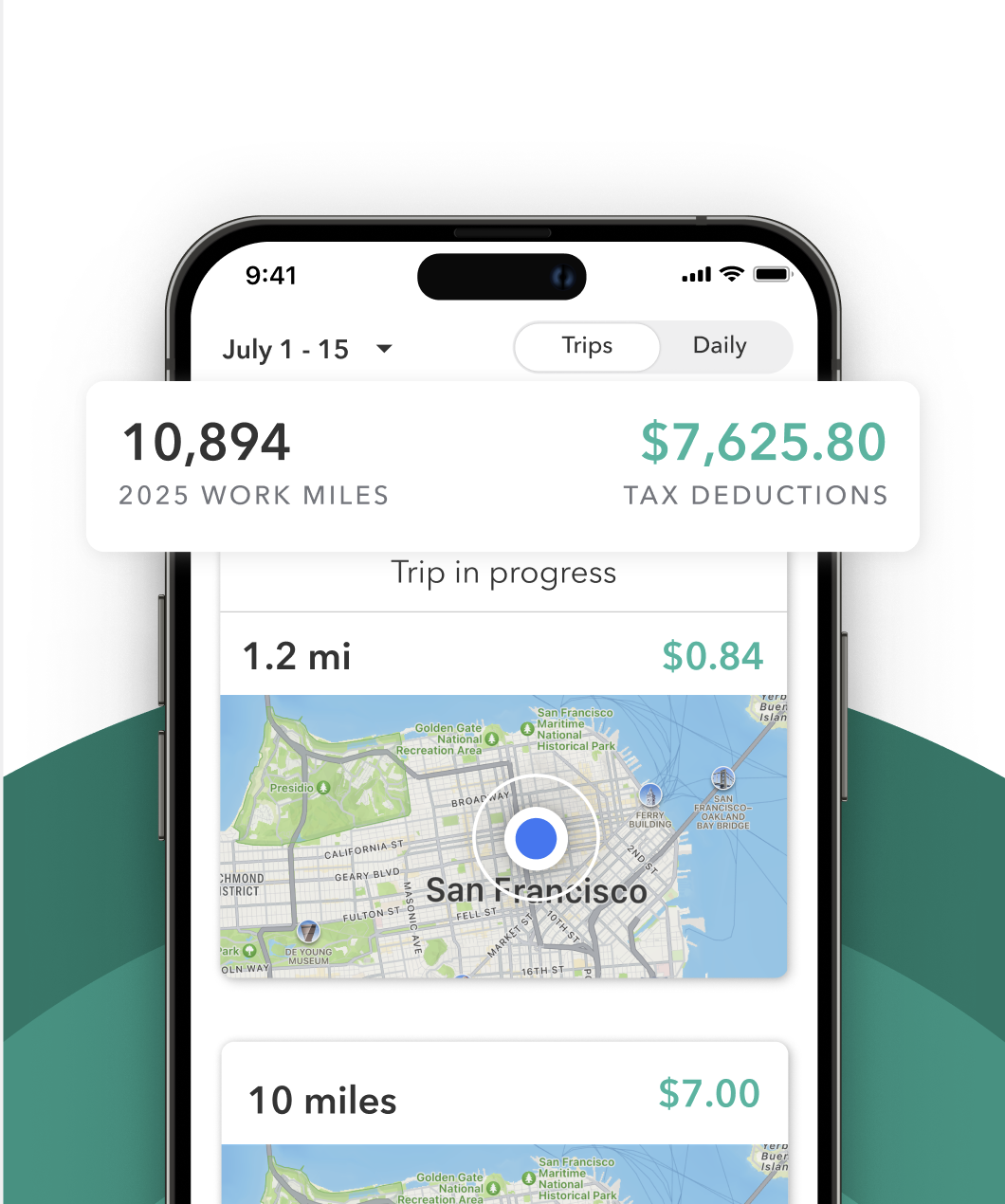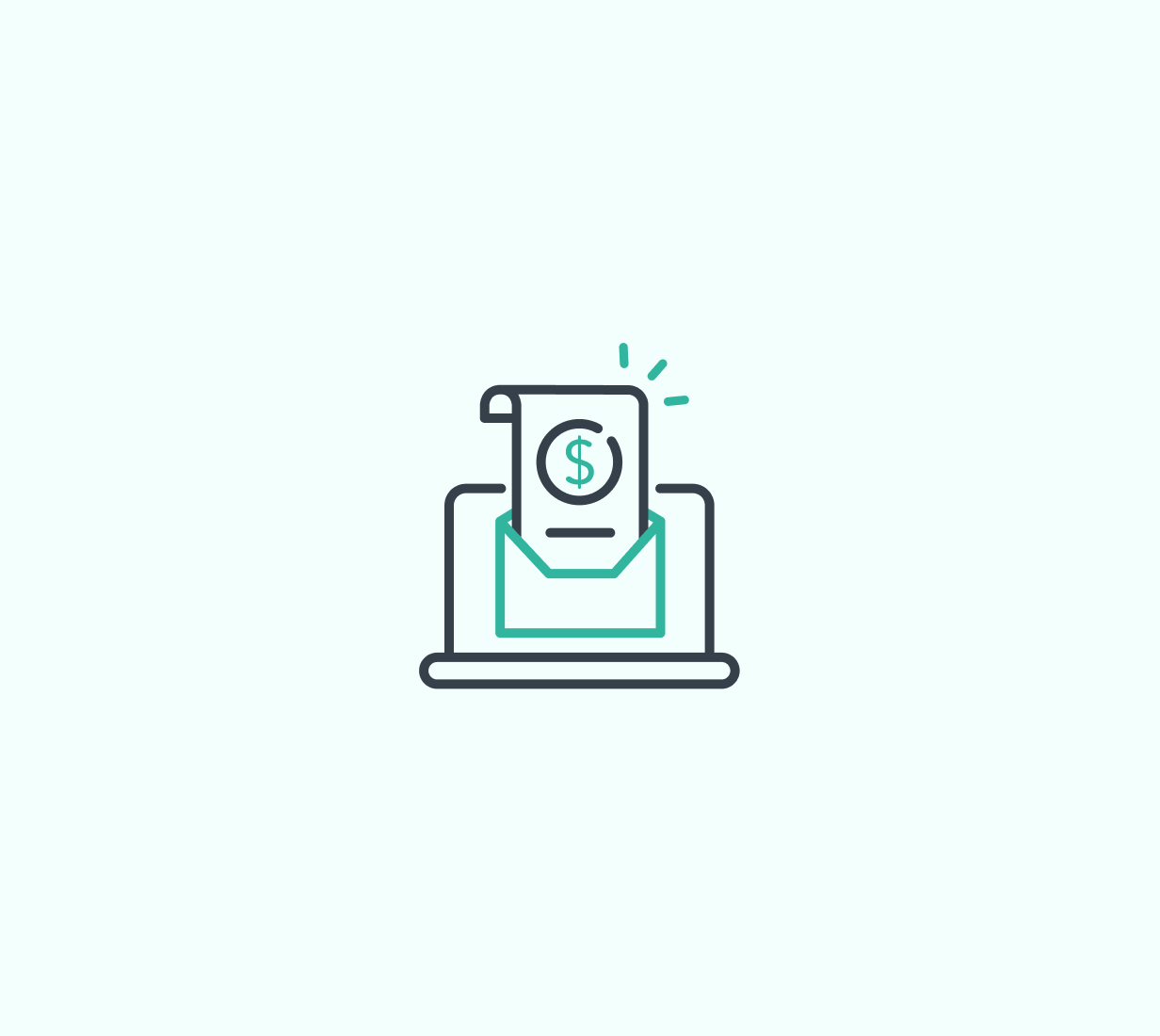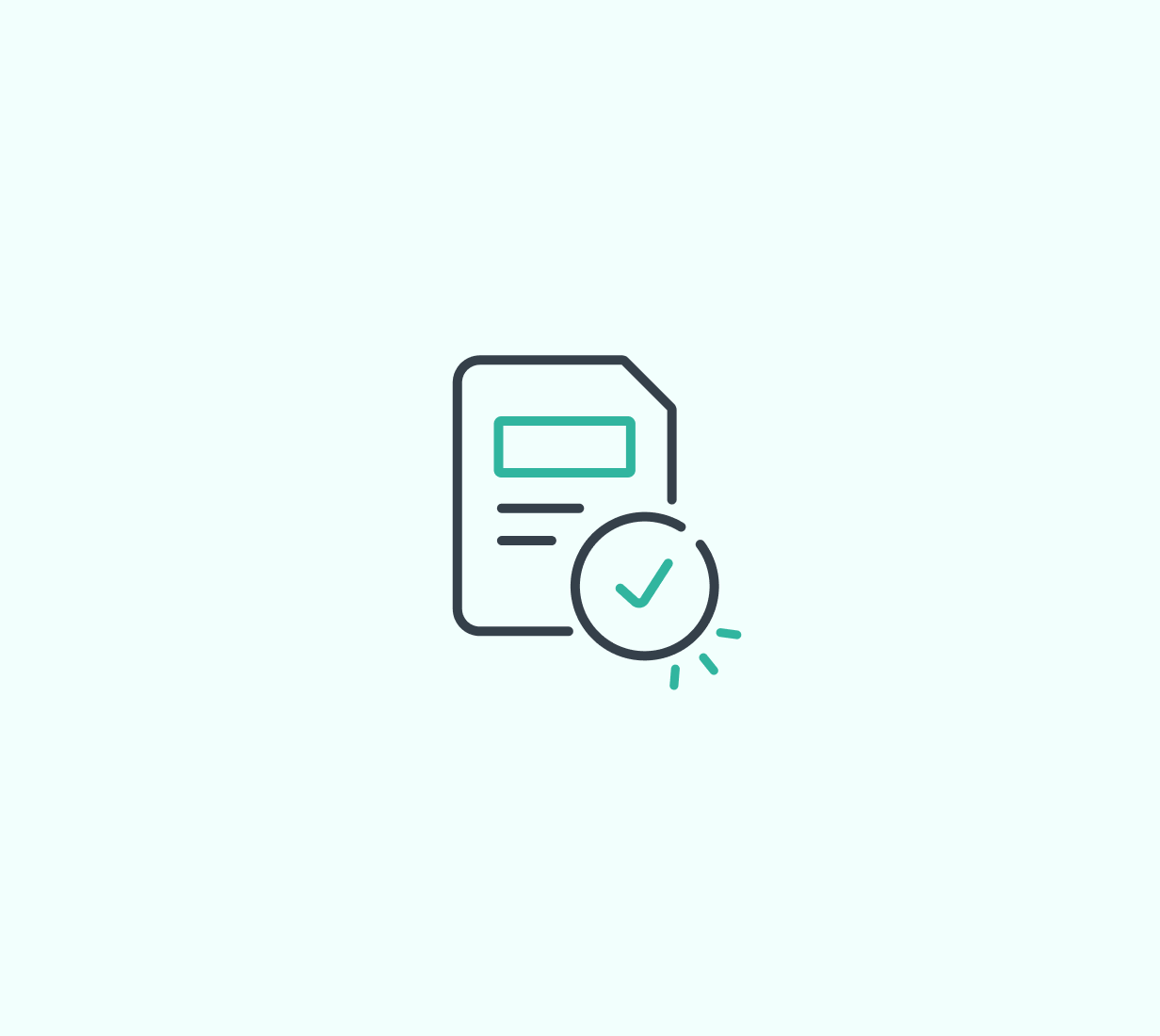Driving for Walmart Spark makes you an independent contractor. That means you are responsible for your own taxes, but you also get access to write-offs that employees do not. The more expenses you track and deduct, the less tax you’ll owe at the end of the year.
Here are some of the most common tax deductions Walmart Spark drivers can claim.
Track your miles or vehicle expenses
Your vehicle is your biggest work tool. You can deduct your driving costs in one of two ways:
Standard mileage method
This is the easiest way to deduct your Spark driving. Multiply your business miles by the IRS mileage rate. The rate includes gas, maintenance, insurance, depreciation, and more in a single per-mile amount.
Actual expense method
You can also track and deduct the actual costs of operating your car for business. This includes:
- Gas
- Repairs
- Oil changes
- Insurance
- Car registration
- Lease payments or depreciation
No matter which method you choose, you can also deduct tolls and parking fees separately.
Tip: With Everlance, you can track every trip automatically and compare both deduction methods at tax time.
Deduct your phone and internet use
You rely on your phone for everything, accepting offers, navigating to stores and customer addresses, and chatting with support. That means a portion of your phone and internet bill may be deductible.
- Part of your phone bill and data plan
- Accessories like phone mounts, chargers, or hands-free devices
- If you use your home internet to manage your Spark account or track earnings, you can deduct a portion of that too
Write off Walmart Spark fees
Walmart Spark does not charge the same service fees as other platforms, but if you pay any third-party service fees, delivery costs, or processing charges related to the platform, those may be deductible. Be sure to review any transaction history in your Spark dashboard or payment processor.
Claim business-related supplies
If you use supplies to make deliveries easier or more professional, you may be able to deduct them. Common examples include:
- Delivery bags or totes
- Phone accessories used during deliveries
- Insulated bags or gear to handle perishables
These items can add up over the year, so keep your receipts or log them in Everlance as you go.
Software and subscriptions
Apps that help you manage your delivery business can qualify as deductible expenses. These might include tax filing software or your Everlance subscription that help make your business run.
Just remember to deduct only the business-use portion if you also use these tools personally.
Health insurance premiums
If you are self-employed and pay for your own health insurance, you may be able to deduct those premiums. This is one of the few deductions that applies outside your business, but still lowers your tax bill.
Home office expenses
Do you have a space at home where you manage your Spark driving? If you use part of your home regularly and exclusively for business tasks like tracking earnings, filing taxes, or planning routes, you may qualify for a home office deduction.
Education and training
If you take any training or courses that help you improve as a Spark driver or manage your delivery business better, those costs may be deductible too.
Common mistakes Spark drivers make when writing off expenses
Mixing personal and business expenses: Only deduct the portion of expenses tied directly to your delivery work. Not keeping records: The IRS requires documentation, such as receipts or mileage logs, to back up your deductions. Overlooking small expenses: Phone mounts, snacks for the road, or cleaning wipes can add up over time. Using the wrong mileage method: Some drivers use the actual expense method when the standard mileage rate would save more (or vice versa). Compare both.
Why Spark drivers should track deductions year-round
The most successful Spark drivers take time to understand their business expenses and stay organized all year, not just in tax season. Deductions can be the difference between a stressful, large, tax bill and a smoother more affordable tax filing experience. Every qualified expense you deduct lowers your taxable income and can significantly reduce how much you owe.











